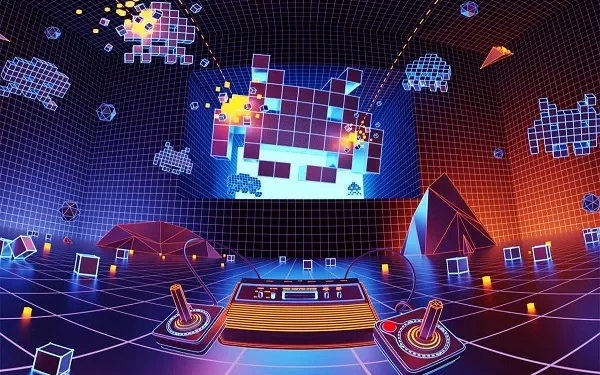The concept of the industrial metaverse has been gaining substantial attention in recent months. It represents a profound fusion of virtual and physical realities, creating a highly immersive and interconnected environment that offers unprecedented connectivity and data analytics capabilities. Peter Koerte, Chief Technology Officer & Strategy Officer at Siemens AG, and Sunil Mathur, MD & CEO of Siemens India, shed light on the potential of the industrial metaverse and its integration into traditional manufacturing processes in an interview with Sudhir Chowdhary. Here are the key insights from the conversation:
Q: How do you envision the integration of the industrial metaverse with traditional manufacturing processes?
Peter Koerte: The industrial metaverse accelerates industry processes, making them faster, more flexible, and environmentally sustainable. We illustrate this with the example of a newly constructed factory that was first created as a digital twin. Every machine, workflow, and material flow was optimized digitally. As a result, our workforce was already familiar with operating the machinery before the physical factory was built. This seamless fusion of the real and digital worlds resulted in a 40% increase in flexibility and a 20% boost in productivity.
Q: How can Indian companies gain a competitive advantage by embracing the industrial metaverse?
Sunil Mathur: Siemens Xcelerator, the open digital business platform, is pivotal in this endeavor. It provides access to a robust platform with a wide range of products and customized use cases tailored to specific industries, both in India and globally. The platform fosters collaboration with a network of partners, enabling businesses to leverage this technology effectively. Even small and medium-sized enterprises (SMEs) can find compelling reasons to adopt this platform, given the significant business advantages it offers.
Q: How are AI and digitalization being applied to optimize industrial processes?
Peter Koerte: AI has diverse applications in the industrial landscape. For instance, it plays a crucial role in the operation of gas turbines by monitoring emissions, fuel consumption, and temperature. On the shop floor, AI is employed in tasks such as bin picking, where it automatically detects and moves objects. These applications enhance efficiency, productivity, and operational insights.
Q: Will investments in sustainability and digitalization be profitable for companies in the long run?
Peter Koerte: Decarbonization and digitalization are intrinsically connected. Digitalization is a prerequisite for meaningful decarbonization because it enables the establishment of a baseline to measure and exchange data on carbon emissions throughout the value chain. Digital means, often facilitated by blockchain, are crucial for tracking and sharing this information across supply chain participants. Achieving sustainability goals and profitability are not mutually exclusive; rather, they go hand in hand.
Siemens Xcelerator, which was launched last year, has garnered positive feedback from customers who have witnessed tangible benefits, demonstrating the practicality and return on investment (RoI) of embracing digitalization and the industrial metaverse in various industries, from hotels to cement plants. The industrial metaverse, in conjunction with Siemens Xcelerator’s technological offerings, opens up a realm of opportunities for Indian companies to transform and excel in the evolving manufacturing landscape.

















